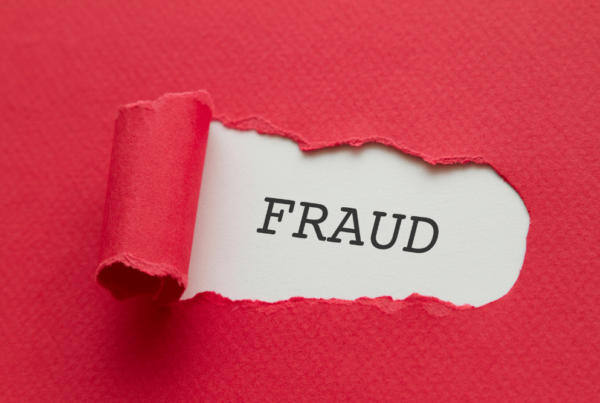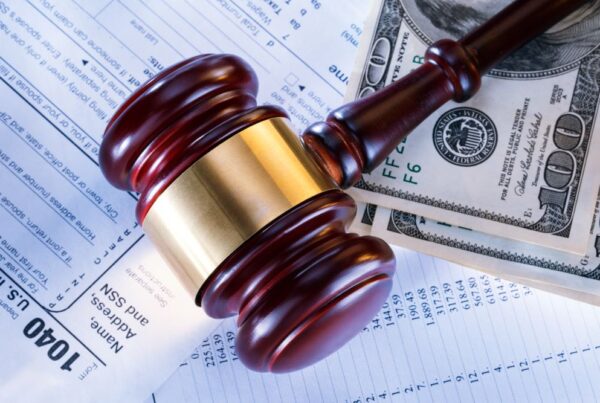NOTE: The following entry features updated content to demonstrate a different U.S. federal approach in the aftermath of the First Step Act (P.L. 115- 391). After an effective date of December 21, 2018, the First Step Act enacted new laws designed to reduce the risk of repeat offenses, institute rewards and other incentives, and reform various aspects of corrections.
Federal law prohibits making a false statement to the U.S. government. Lying to a federal agent is a similarly criminal, with serious penalties for noncompliance.
The law against making a false statement to an agent of the federal government appears under 18 USC 1001. Under this statute, it is unlawful to knowingly and willfully make any materially false, fictitious or fraudulent statement or representation concerning any matter within the jurisdiction of the executive, legislative or judicial branches of the United States. The sentence for this crime can include 5 years in federal prison.
In addition to the prohibition against lying to a federal agent, there are laws against making a false statement in a loan application.
Making a false statement on a loan application is a federal offense if the loan is backed by federal financing. See 18 USC 1014. For example, it is a crime to sign an application for a Federal Housing Authority (FHA) mortgage that contains a false statement, or knowingly overvalue collateral assets. The penalty for this offense can include a maximum of $1,000,000 in fines and 30 years in prison.
What is the statute for making a false statement?
Where no specific statute can be used to prosecute a false statement, the United States Attorney can use 18 USC 1001 to prosecute the defendant. This is general, catch-all provision for false statements. It applies to a suspect who lies during questioning by the Federal Bureau of Investigation (FBI) as well as any other type of false statement.
In relevant part, this statute provides:
(a) Except as otherwise provided in this section, whoever, in any matter within the jurisdiction of the executive, legislative, or judicial branch of the Government of the United States, knowingly and willfully—
(1) falsifies, conceals, or covers up by any trick, scheme, or device a material fact;
(2) makes any materially false, fictitious, or fraudulent statement or representation; or
(3) makes or uses any false writing or document knowing the same to contain any materially false, fictitious, or fraudulent statement or entry;
See 18 USC 1001.
Sentencing & penalties for a false statement
The sentencing guidelines for the false statement offense indicate a penalty of 5 years in prison and a fine. That being said, the First Step Act does open a door for certain non-violent offenders. In these situations, the federal courts have discretionary authority to order a lenient sentence below the mandatory minimum guidelines.
However, where international or domestic terrorism is involved, the sentence can be 8 years imprisonment. The same applies where the false statement is made by a person deliberately to avoid registering as a sex offender. Furthermore, this type of violent offender is ineligible for the safety valve provision under the First Step Act.





